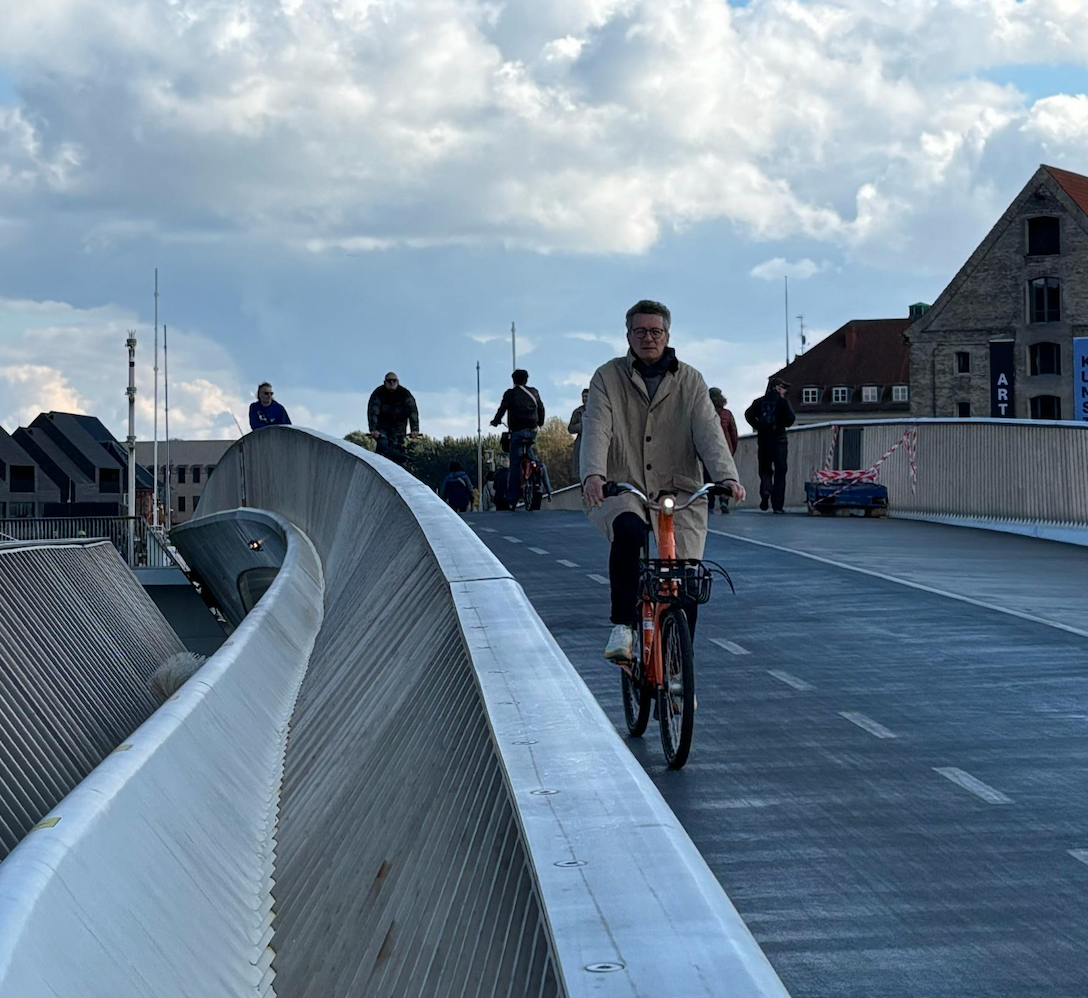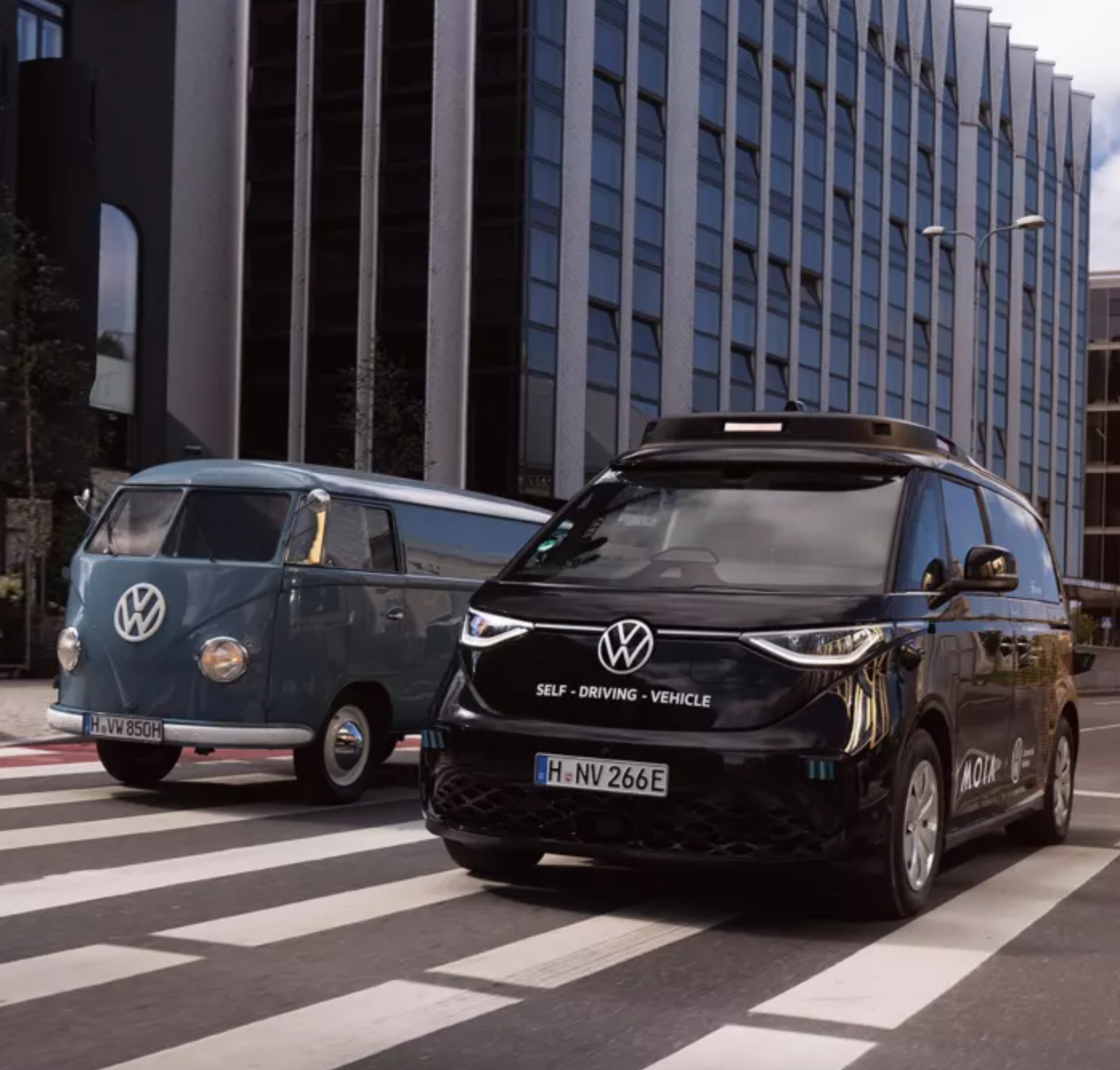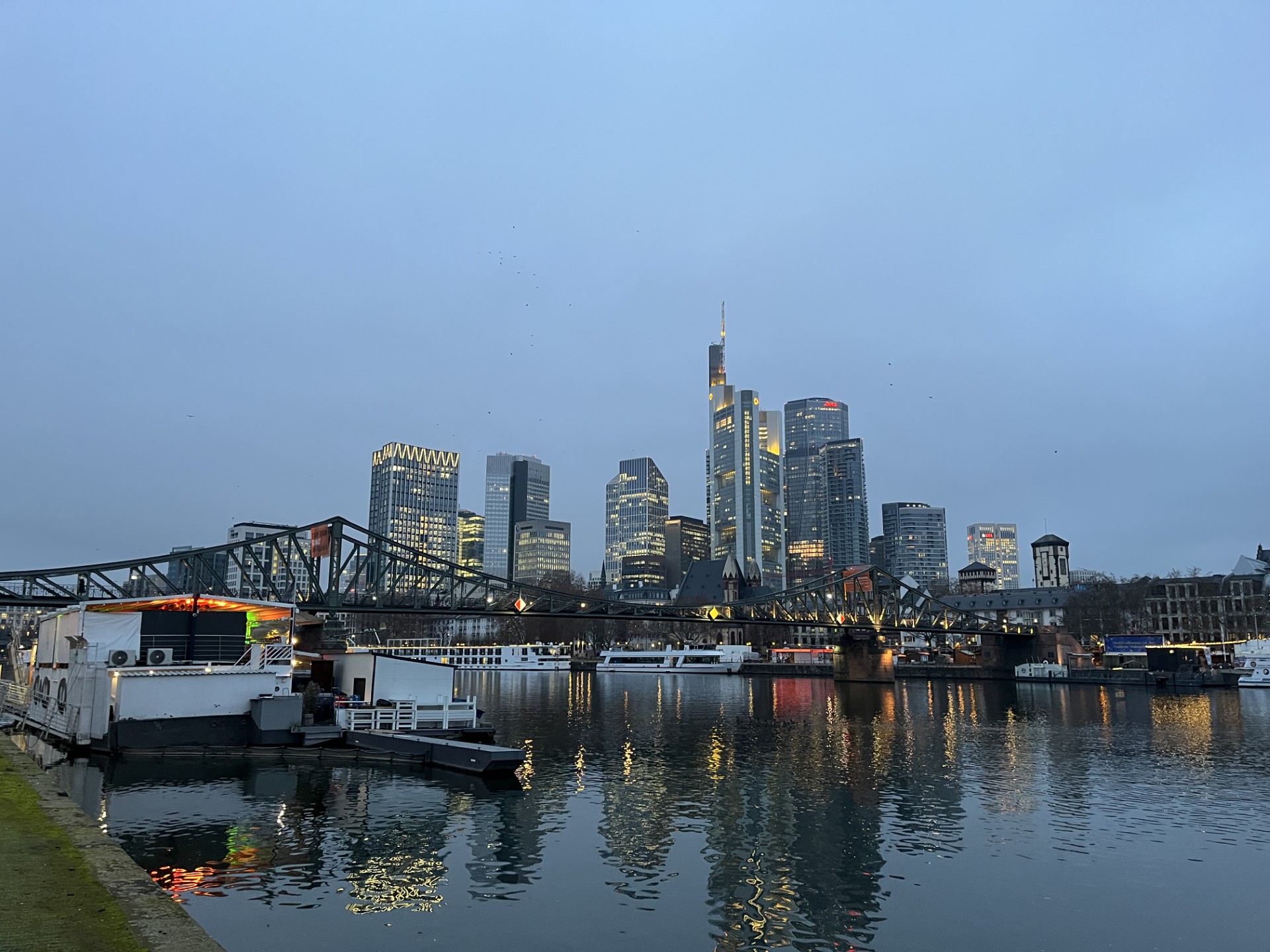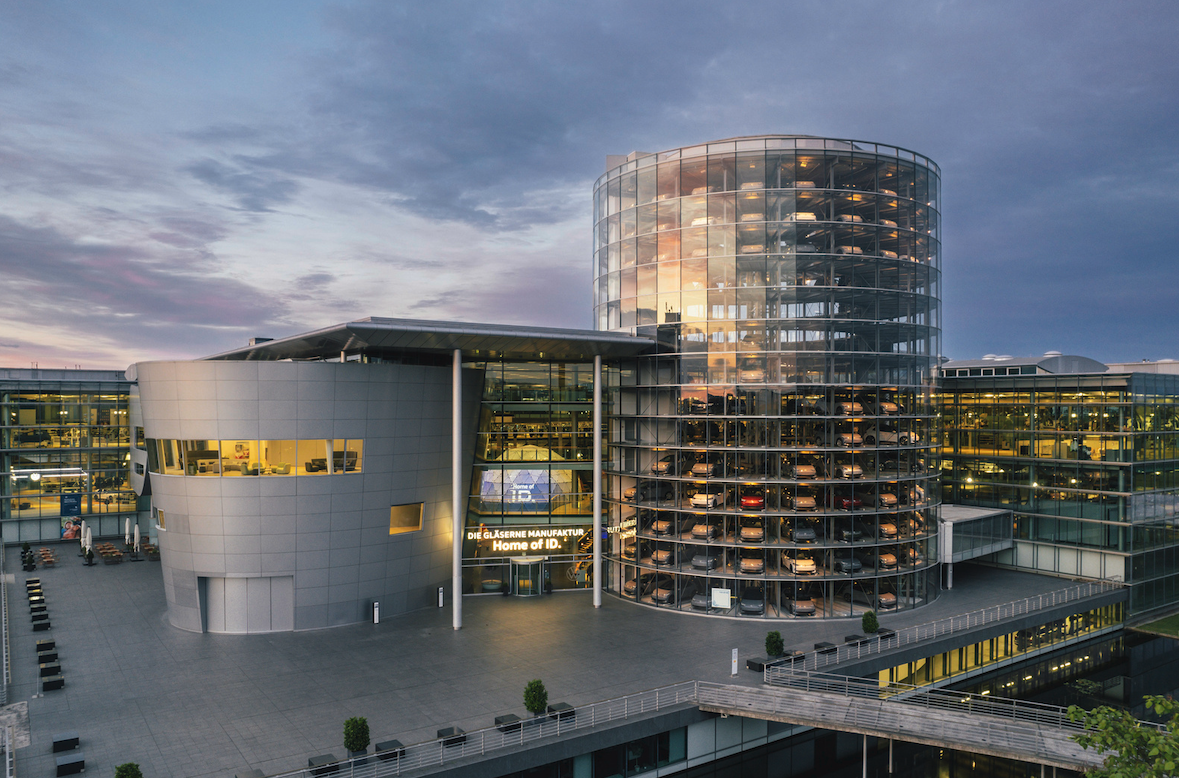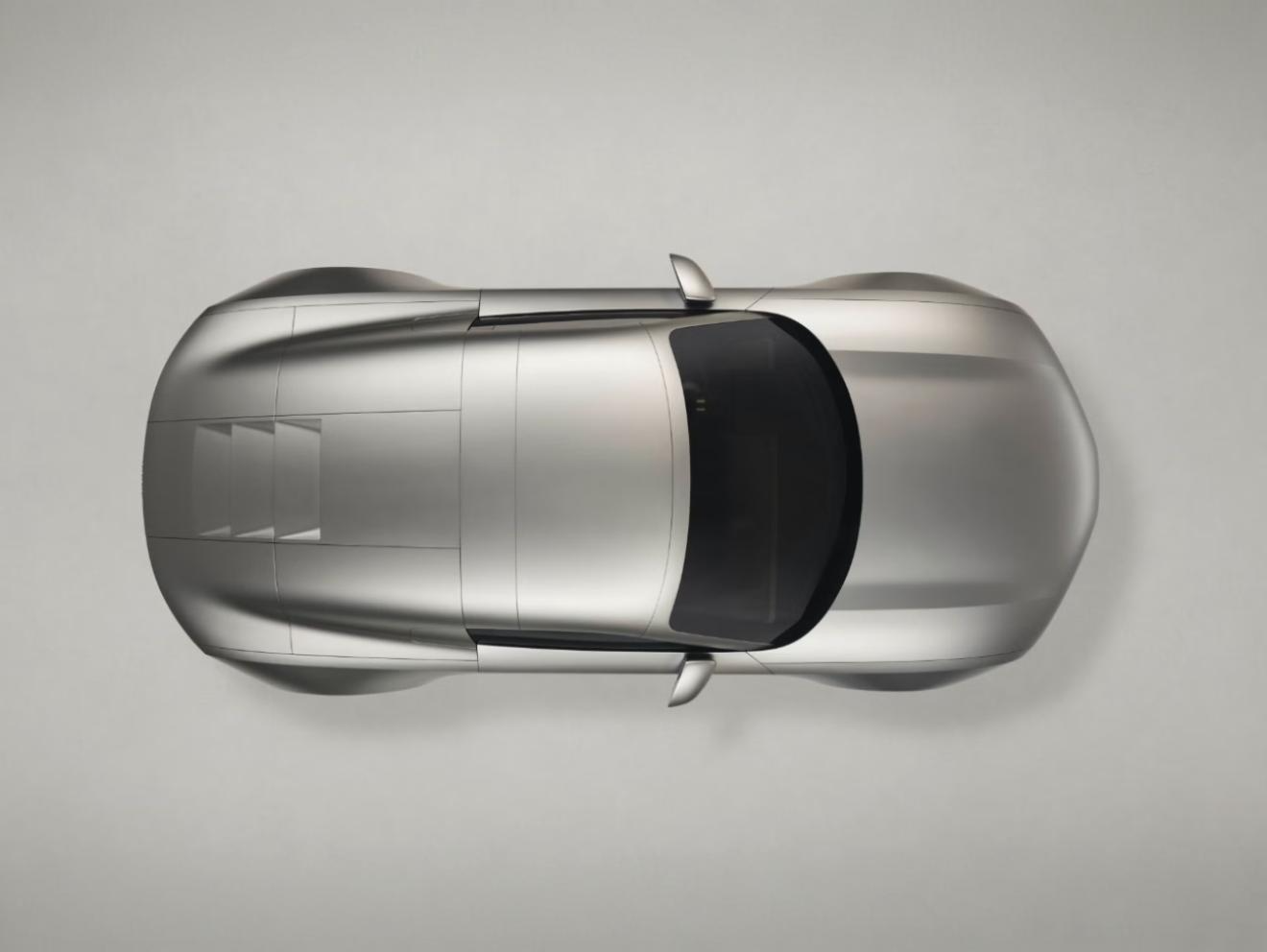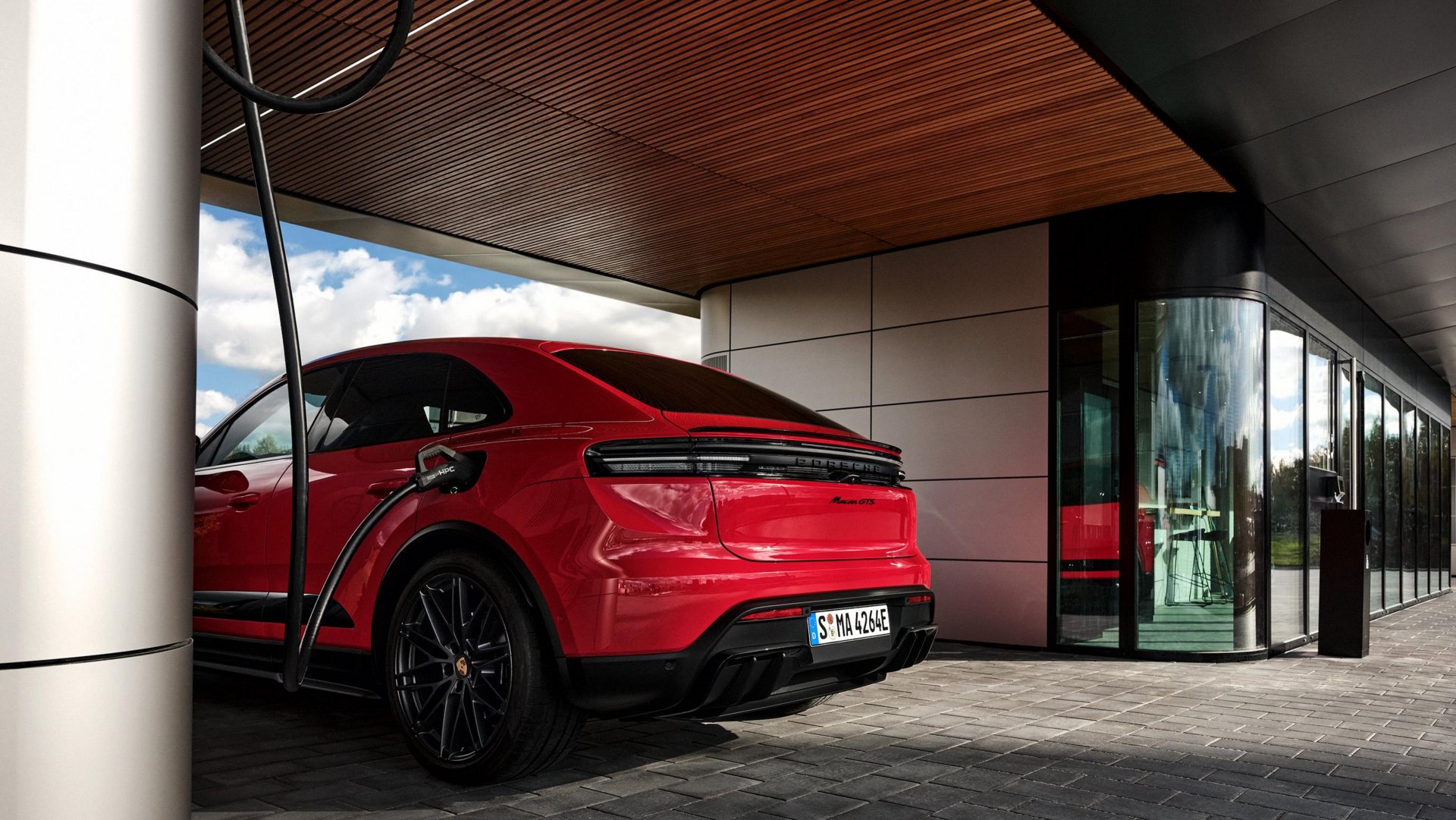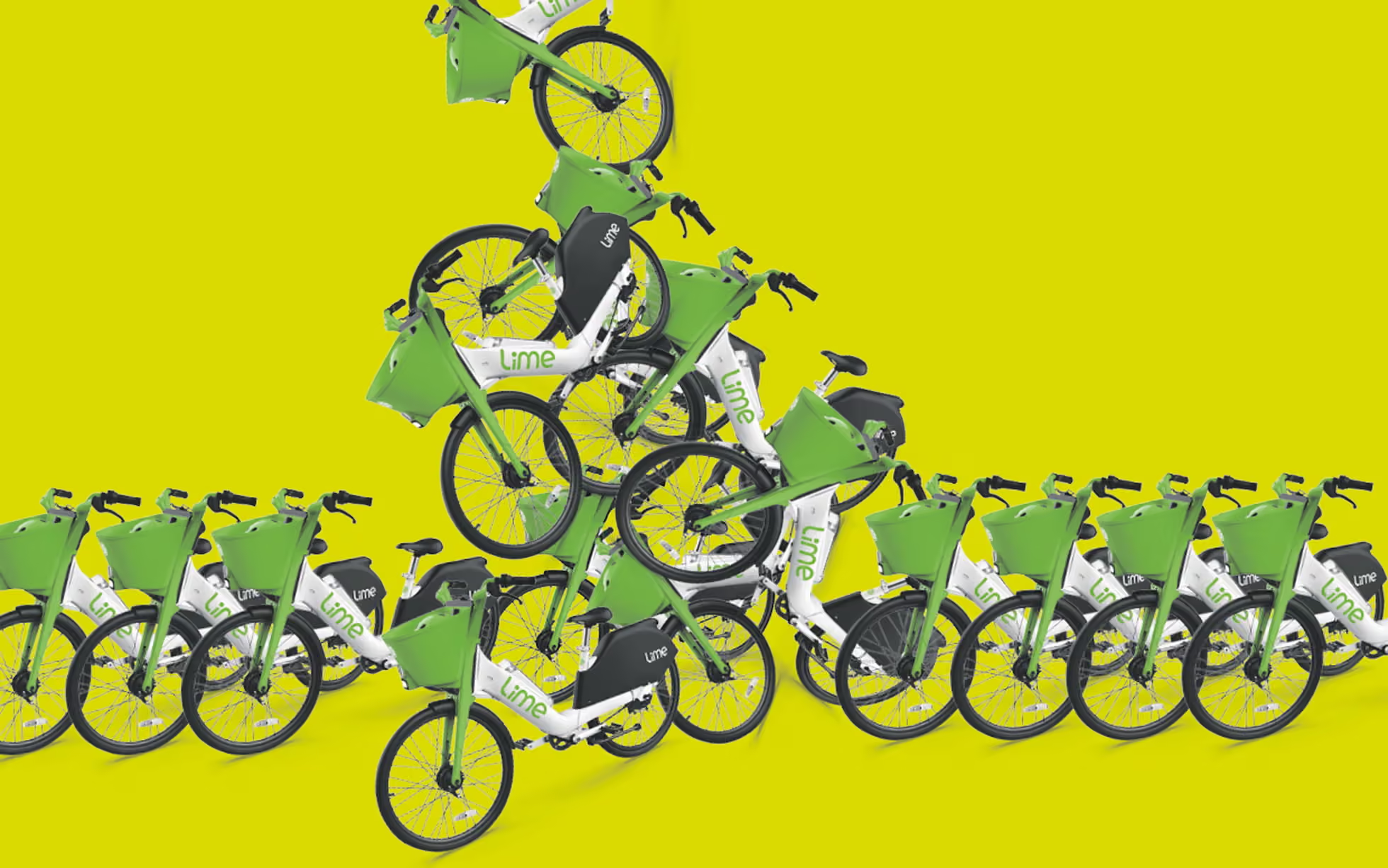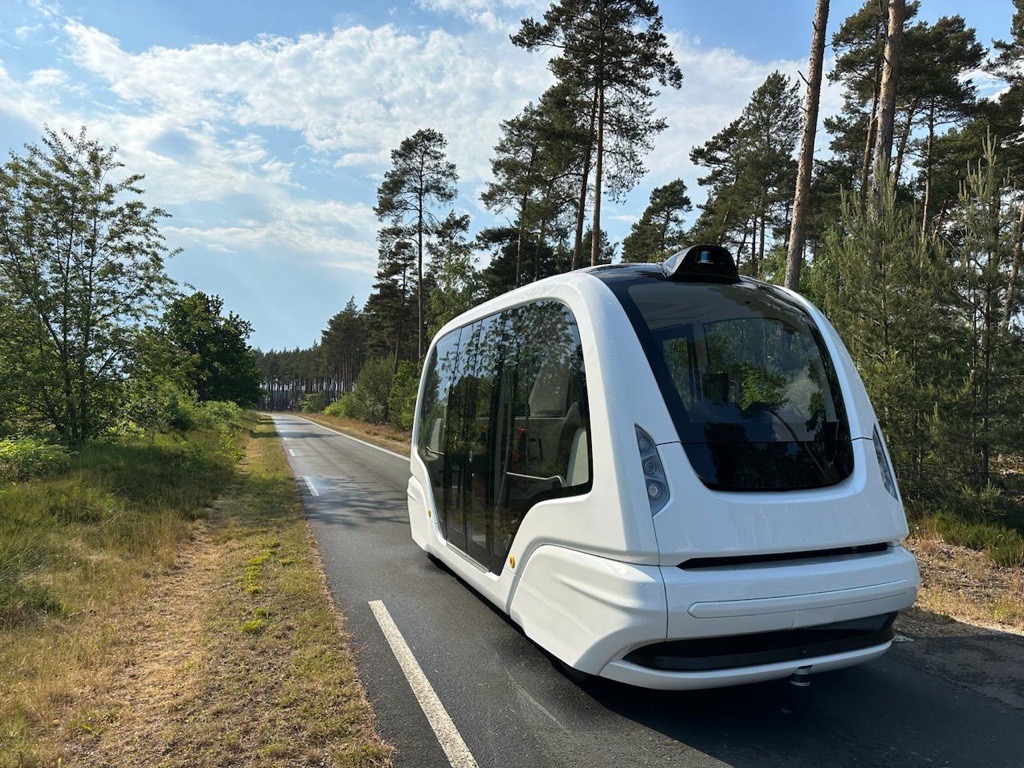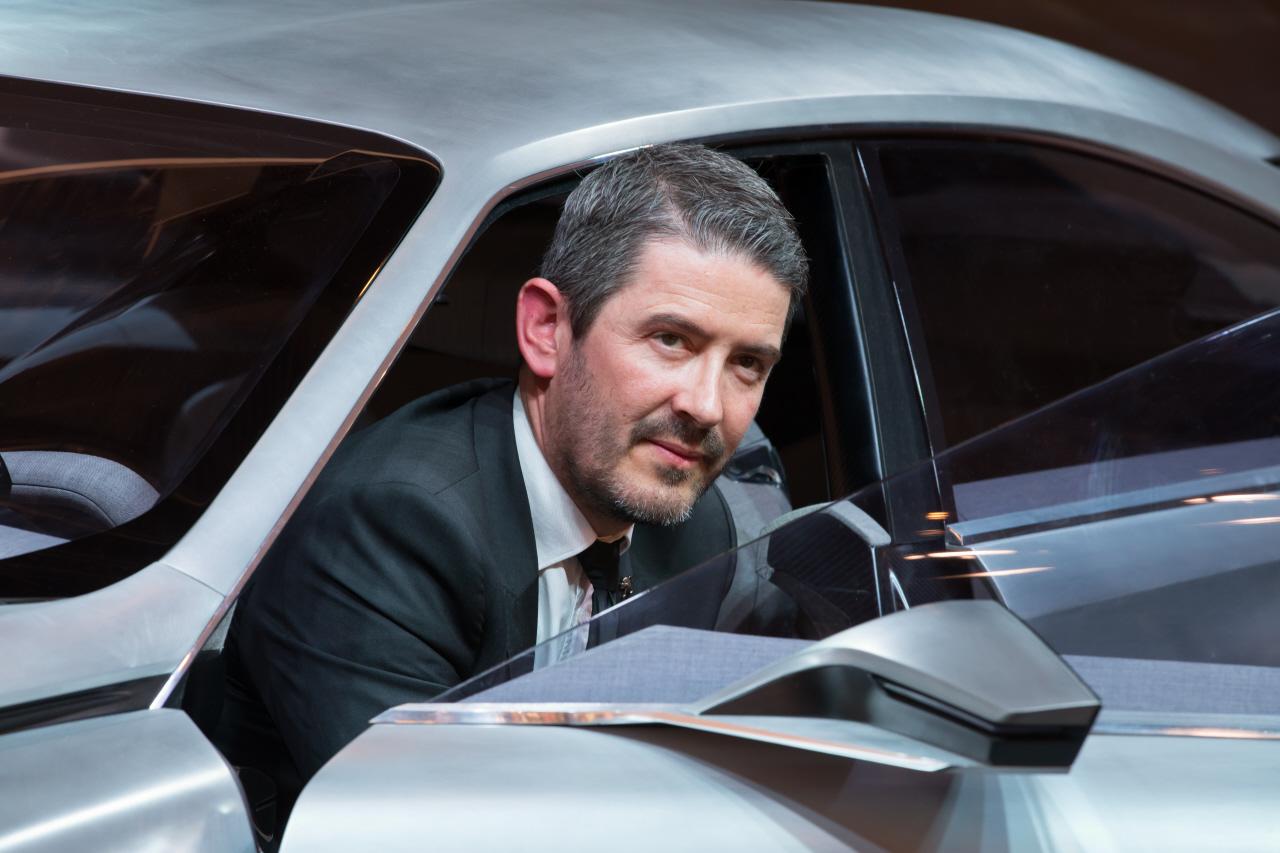Retro Recharged
There’s a particular kind of magic in seeing a classic car glide past. A familiar shape you know from childhood posters, Sunday drives, nostalgic ads, and family albums - only now it can move with the instant torque of an electric motor. That iconic Beetle, once humming along on petrol fumes, or a rugged Range Rover Classic, dust on the panels and leather worn soft from adventure, suddenly comes alive in a way that feels almost futuristic. The soul of the car is the same, but under the hood, everything has changed. The world of EV conversions is exploding, turning cherished classics into clean, reliable, and surprisingly practical machines.


